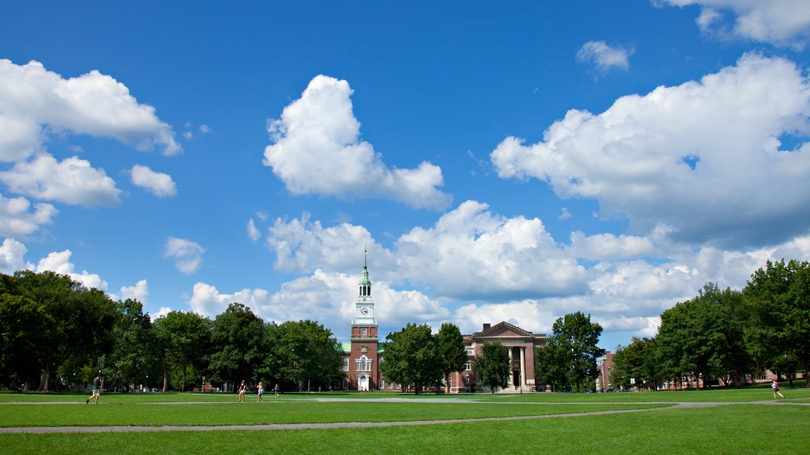
- Undergraduate
- Foreign Study
- Fellowships
- News & Events
- People
Back to Top Nav
Back to Top Nav
Back to Top Nav
June 19, 2018 – In an article published in The Dialogue's Latin American Advisor, Visiting Professor of LALACS and former deputy U.S. assistant secretary of state for Western Hemisphere affairs Peter DeShazo commented on the election results in Colombia.
Q. Will Colombia’s New President Deliver on His Promises?
Iván Duque, a conservative former senator, on Sunday won Colombia’s presidential runoff election, defeating former leftist guerrilla and Bogotá mayor Gustavo Petro. To what can Duque, who is to take office in August, attribute his victory? What does his election mean for the peace accord between Colombia’s government and the FARC and for future peace in the country? How much influence will Duque’s mentor, former President Álvaro Uribe, have in Duque’s government? How will Colombia’s economy and businesses fare under Duque? How well will Duque be able to work with Colombia’s Congress?
A. Peter DeShazo, “Iván Duque’s ample margin of victory on Sunday came as no surprise. Colombian voters saw him as the candidate more likely to promote security and grow the economy. His association with former President Uribe was a net plus that contrasted with concerns on the part of many voters that Petro and the left represented a threat to stability. The specter of Colombia’s imploded neighbor, Venezuela, weighed heavily on the election. In the end, Colombia’s conservative political tradition prevailed once more. Duque will assume office with the advantage of what should be solid majority support in Congress. He will need to make good use of it—the challenges facing his government are large. A central objective should be to establish effective state presence throughout the country, especially in areas where coca cultivation is exploding and where civil conflict was in the past most acute. That means quality policing, effective rule of law, access to justice, roads, schools, health clinics and a commitment to reduce the yawning rural/urban divide. Anti-corruption efforts must be more than a slogan. Economic policy should take aim at reducing income and wealth inequality. Scrapping the controversial peace deal with the FARC would be a mistake—and Duque appears to be walking back that idea. On this issue and more generally, if Duque is serious about building national consensus, his vision needs to transcend the constraints of uribismo.”
The full article from The Inter-American Dialogue's daily Latin America Advisor can be found here: Latin America Advisor